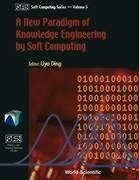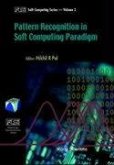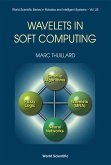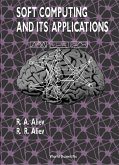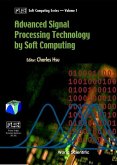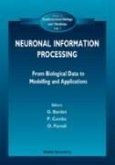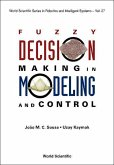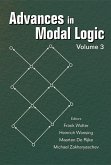Soft computing (SC) consists of several computing paradigms, including neural networks, fuzzy set theory, approximate reasoning, and derivative-free optimization methods such as genetic algorithms. The integration of those constituent methodologies forms the core of SC. In addition, the synergy allows SC to incorporate human knowledge effectively, deal with imprecision and uncertainty, and learn to adapt to unknown or changing environments for better performance. Together with other modern technologies, SC and its applications exert unprecedented influence on intelligent systems that mimic human intelligence in thinking, learning, reasoning, and many other aspects. Knowledge engineering (KE), which deals with knowledge acquisition, representation, validation, inferencing, explanation, and maintenance, has made significant progress recently, owing to the indefatigable efforts of researchers. Undoubtedly, the hot topics of data mining and knowledge/data discovery have injected new life into the classical AI world. This book tells readers how KE has been influenced and extended by SC and how SC will be helpful in pushing the frontier of KE further. It is intended for researchers and graduate students to use as a reference in the study of knowledge engineering and intelligent systems. The reader is expected to have a basic knowledge of fuzzy logic, neural networks, genetic algorithms, and knowledge-based systems.
Hinweis: Dieser Artikel kann nur an eine deutsche Lieferadresse ausgeliefert werden.
Hinweis: Dieser Artikel kann nur an eine deutsche Lieferadresse ausgeliefert werden.

